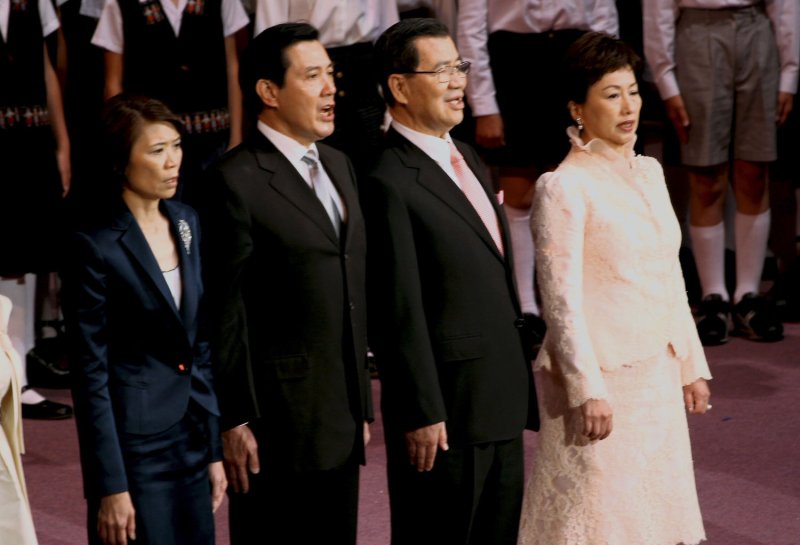TAIPEI, Taiwan, Jan. 14 (UPI) -- Taiwan President Ma Ying Jeou was re-elected to a second term Saturday, capturing more than 50 percent of the vote, final vote tallies show.
With all votes counted, the Central Election Commission said, Ma, of the ruling Kuomintang Party, had 51.6 percent to 45.6 percent for challenger Tsai Ing-wen of the Democratic Progressive Party and 2.8 percent for James Soong of the People First Party, CNN reported.















